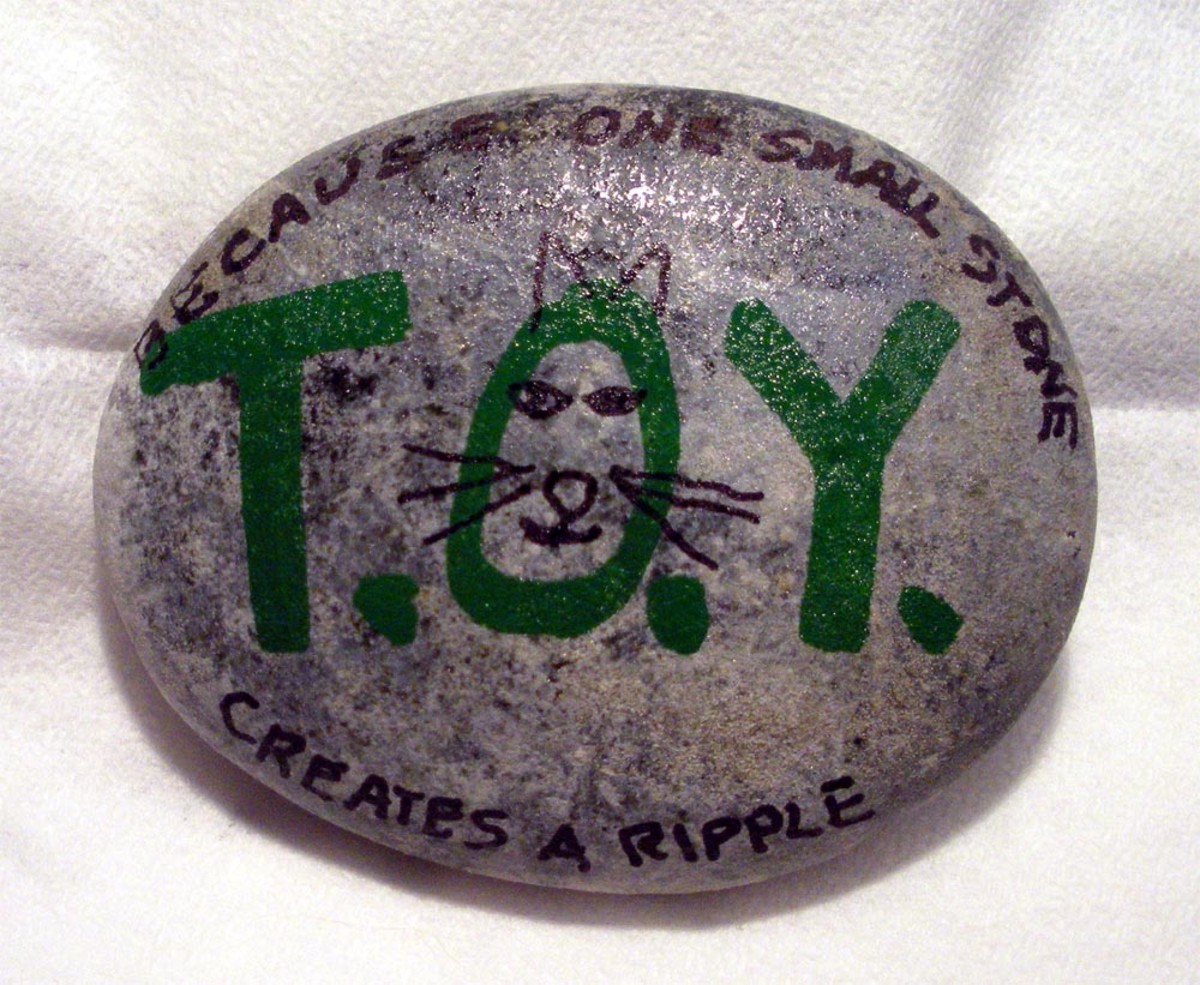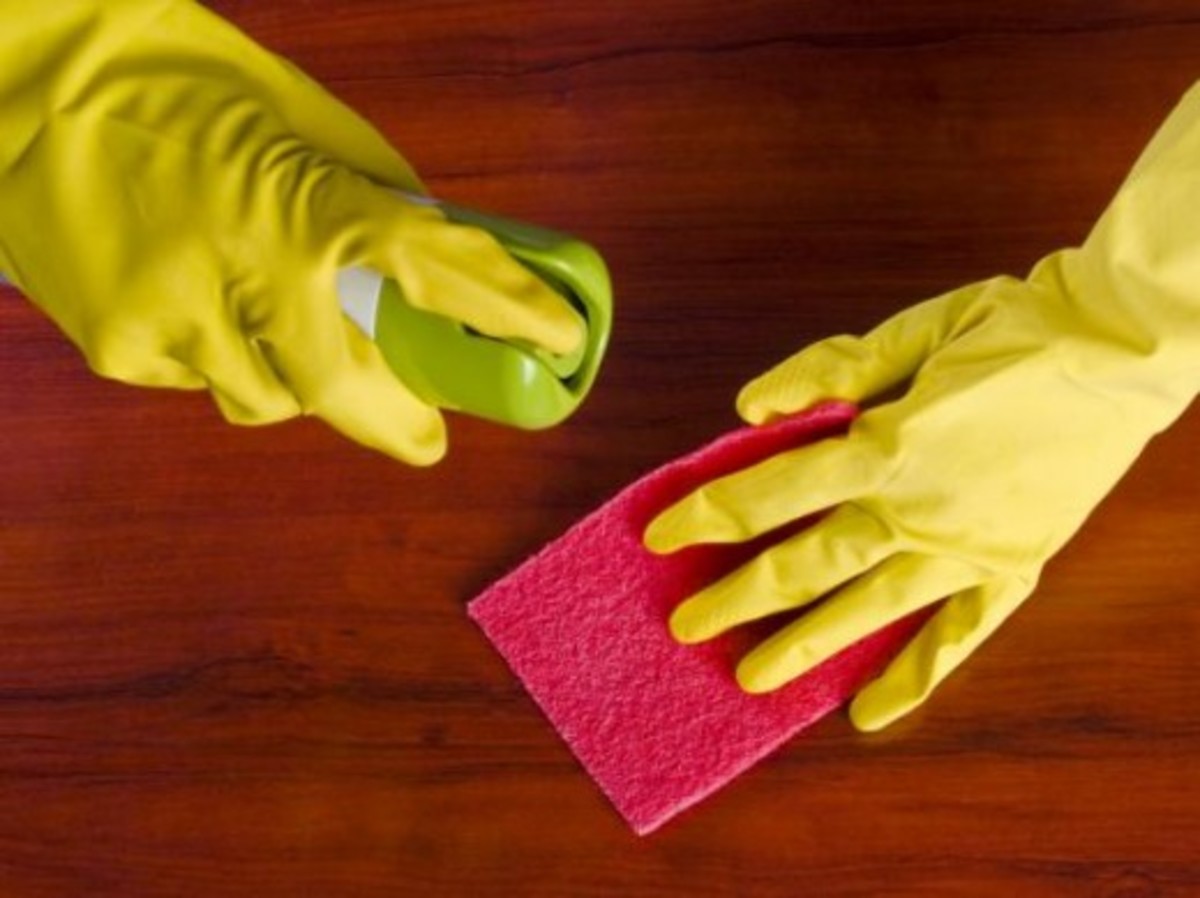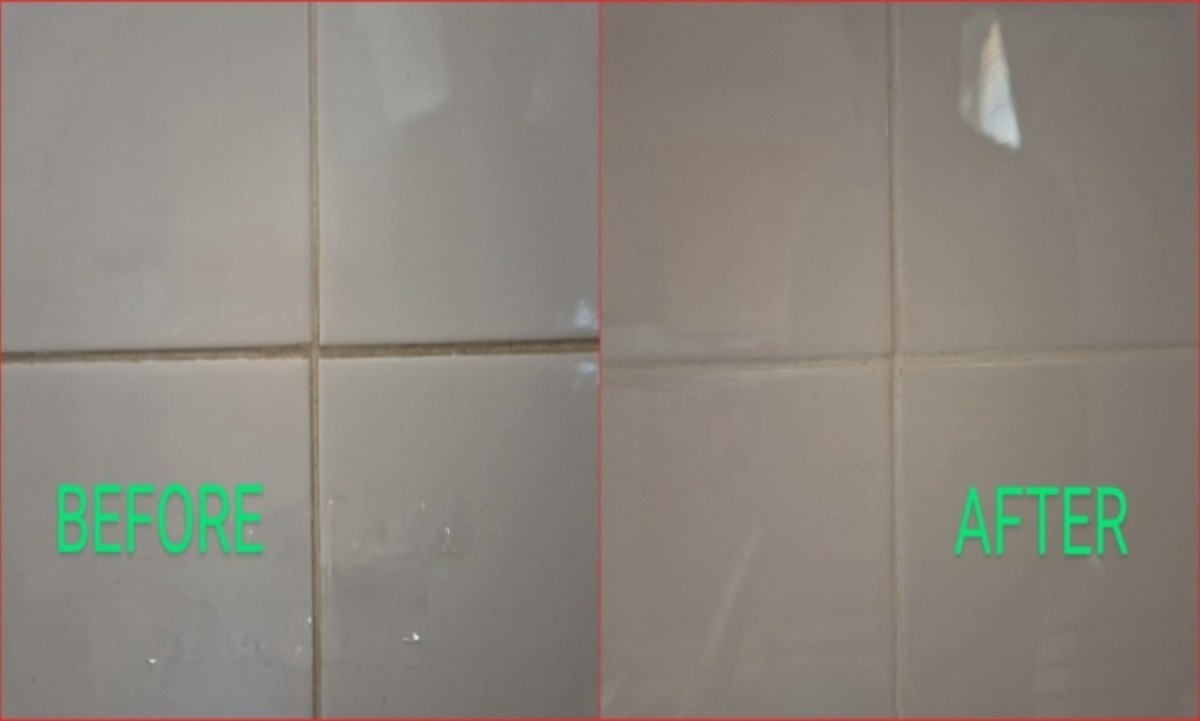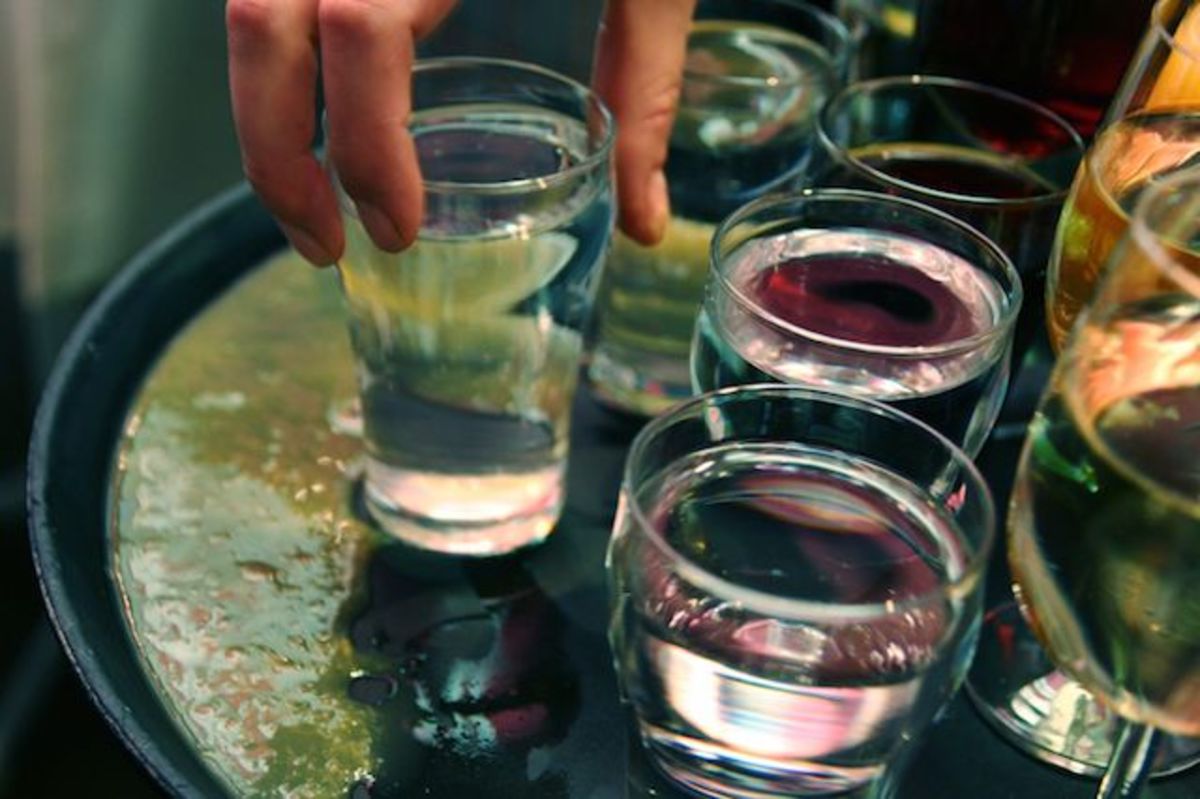How to Develop a More Organic Lifestyle

The Importance of Going Organic
Every day, we absorb harmful chemicals into our body merely through eating and breathing--and many of the chemicals are carcinogens, meaning that exposure to them has been linked to various types of cancers.
The organic movement, in addition to pressing for more sustainable farming and living techniques, also aims to improve health by limiting your exposure to those carcinogens.
Some people go to extremes, living very simple, pared down lifestyles to avoid exposure to harmful chemicals and substances, but that can be too hard and lead to a joyless existence for those of us who enjoy things like good eating and even wearing make-up.
Fortunately, even making very small lifestyle changes can diminish your exposure to things that may eventually prove detrimental to your health.
Read on for tips on how to transition to a more organic (and healthier!) lifestyle.
Eating Organic on Budget
Choosing an Organic Diet for a Healthier Lifestyle
When you're browsing the grocery store aisles, do you throw products into your cart without thinking? If you're one of the "grab it if it looks good" brigade, you may be in for a shock once you look at an ingredient list: trans fat, saturated fat, and ingredients you can't pronounce are probably all spelled out on the package.
The problem is that highly processed foods are delicious--and it's hard to keep away from them. Even if you stay away from highly processed foods and focus on fresh fruits and veggies, you may still be ingesting pesticides that can lead to health problems later on down the road. Start small, by buying organic for your basics--milk, vegetables, and fruits (if you're on a budget and have to pick and choose what to buy as far as organic produce goes, check out the "Dirty Dozen" list for the fruits and veggies that are most and least pesticide-ridden).
Once you've worked those in, either seek out the organic products in your local grocery store (and the offerings are growing as more and more people become conscious of what goes in their bodies) or hit specialty grocery stores for organic meat, grains, etc.
Starting small really will set off a snowball effect--once you start noticing exactly what you're consuming, it's hard to keep eating processed foods and junk food. The ingredients list should be comprised of things you recognize--no sixteen-syllable man-made chemicals!
Making Organic Household Cleaners
Adopting Organic Cleaning Products for a Healthier Lifestyle
Another source of carcinogens and harmful chemicals in your home: cleaning supplies. For instance, did you know that naptha, an ingredient in furniture polish, is considered hazardous waste AND a neurotoxin? Many ingredients in common cleaning agents like laundry detergents and counter cleaner are toxic and can hurt not only your health, but the environment as well.
You can avoid the dangerous chemicals in cleaning products by either purchasing organic products (again, these are now widely available at most grocery stores) or by making your own cleaning products at home. Many items you already have in your cabinet, including borax, baking soda, and vinegar, can be used to create safe, effective products.
Picking Organic Body Care Products for a Healthier Lifestyle
We count on the Food and Drug Administration (FDA) to monitor and regulate food products and drugs, making sure that things we consume or take for our health don't actually have harmful side effects. However, did you know that the FDA does not regulate make-up or body care products?
As long as the make-up or body care company doesn't advertise that their product has healthful benefits, the company basically has free range as far as ingredients it may use in make-up, shampoo, body wash, etc.
As a result, many of these products contain known carcinogens, allergens, and other harmful ingredients.
You may think that the skin serves as a protective barrier against these ingredients, but that is not true. Your pores--especially after you've shaved an area of your body--serve as a highway for ingredients that just aren't safe.
Look for nailpolish without formaldehyde and make-up and bath products without parabens or sulfates.
If you want to check out the safety of your cosmetics or bath products, visit the Skin Deep Database--what you find may shock you!
Making the Choice to Go Organic
There are lots of variables in life that we can't predict--getting hit by a bus, for one extreme example. However, if you look both ways before you cross a street, you're a lot less likely to get hit by that bus--and choosing to go organic is no different. Picking products that are all-natural limits your body's exposure to harmful chemicals, and that can only benefit you in the years ahead.
Slowly integrate organic products into your lifestyle; your body and the environment will thank you.








